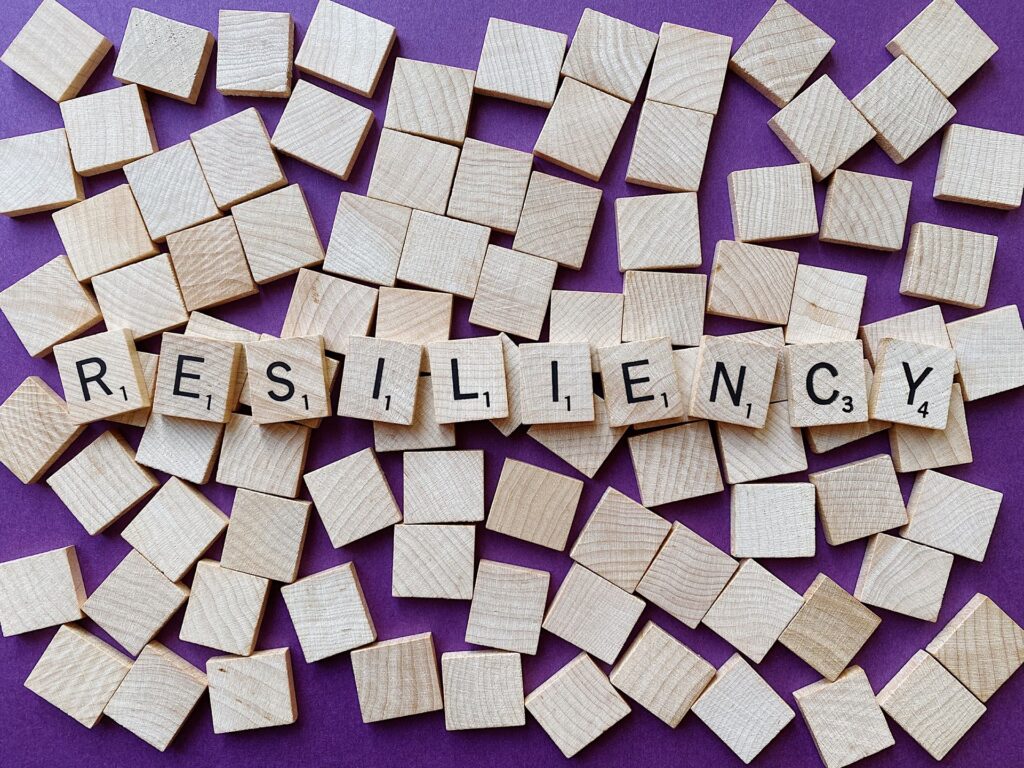The Largest U.S. Study of Resilience[i]Recently Found That A Surprisingly Small Number of Americans are Considered ResilientFind Out How You Can Build Your Inner Strength Amid the Country’s Growing Concerns
Dr. Stuart Lustig, national medical executive for Behavioral Health at Cigna and board certified child psychiatrist with a deep expertise in child mental health, discuss the challenges Americans are facing and offer a framework to help build resilience.
He also reveals more about the resilience survey (with specific statistics) along with other action the company is taking to help support communities and build resistance.
Americans are being tested in ways we never could have imagined. For some, it’s homeschooling, or the fear (or reality) of job loss or catching the coronavirus that’s causing them the most anxiety. For many young adults, it’s feeling the impact of the deaths of Black Americans like George Floyd, Breonna Taylor and others.
All of these issues are taking a toll on us – children, parents and workers alike – with potential long-term repercussions for our physical and mental health. That’s why it’s important to study our ability to bounce back from these challenges and understand how best to confront the crises we face today and will face tomorrow. Resilience is commonly defined as the ability to quickly recover from challenges.
When you possess this inner strength, you may recover more quickly from setbacks or difficult changes. A recent resilience study shows that children entering their early pre-teen years often experience a sharp decline in resilience that continues through age 23. Yet, once these young adults eventually become parents, their resilience rebuilds and rises.
The survey findings also show resilience at risk among today’s American workforce, with the majority of full-time workers having low or moderate resilience (specific percentage revealed during interview). The consequences of low resilience can have lasting effects on our populations, communities and businesses. The study shows low resilience is associated with:
- Worse performance in the classroom among children
- Higher likelihood of job turnover
- Lower job satisfaction & performance
- Social withdrawal[ii]
- Resorting to substance abuse / alcohol abuse[iii]
Notably, the research also reveals a strong connection between resilience, staying connected socially and being surrounded by a diverse community. Now there’s a new initiative to help people assess their own personal resilience and build inner strength. The initiative includes a short, online questionnaire and a framework to help people G.R.O.W in the face of challenges through four simple steps:
- G: Ground yourself in the situation
- R: Recognize what you can control
- O: Organize the resources you need
- W: Work with your community for support
Visit
Also on Coast to Coast
-
Unpacking the Most Popular Video Games of the Holiday Season with Kia Malone
-
A Cup A Day: Managing Diabetes One Beverage at a Time
-
Episode 27 of Coast to Coast: Checking out the Galleri Classic & Summer Travel Inspiration with Dalia Colón!
-
Coast to Coast Kicks Back at GBK Brand Bar’s Pre-Oscar Luxury Lounge
-
Episode 25 of Coast to Coast: Checking Out the Top Travel Destinations for Spring & the Pennzoil 400
